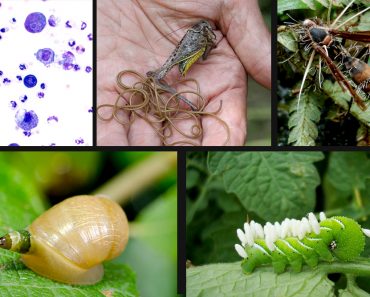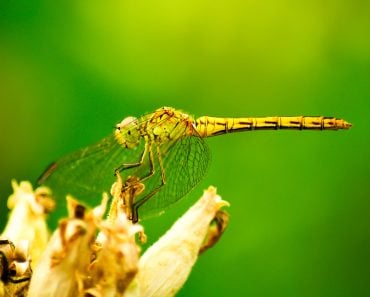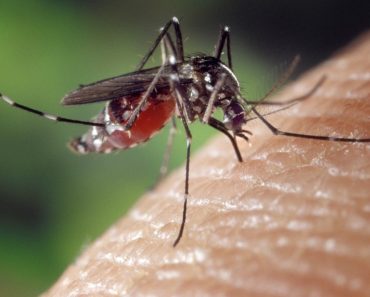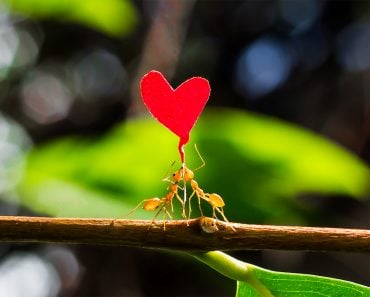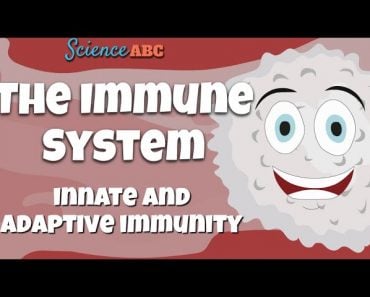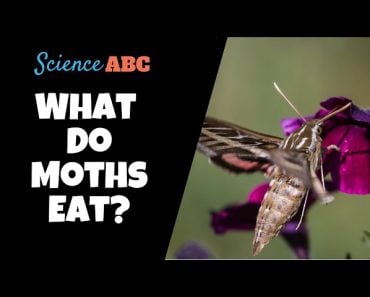Table of Contents (click to expand)
Malaria is a disease that is transmitted by mosquitoes. Mosquitoes bites introduce the malaria parasite into a person’s blood, and within a fortnight or so, the initial symptoms of malaria begin to appear. The malaria parasite affects the mosquito who carries it by causing the mosquito to have less offspring.
You may already know that malaria, one of the deadliest diseases on Earth, killing millions of humans every year, is an infectious disease transmitted by mosquitoes. Not only does this disease mess with humans, but it also affects a number of other vertebrates. Mosquito bites introduce the malaria parasite into a person’s blood, and within a fortnight or so, the initial symptoms of malaria begin to appear.
Many people don’t realize that it’s not the mosquito that synthesizes the malaria parasite; instead, a mosquito is just a vector, a medium that aids the transmission of the malaria parasite to a human host. So, theoretically, one could say that the malaria parasite enters the body of the mosquito first, and is subsequently ‘delivered’ to a human following a mosquito bite.
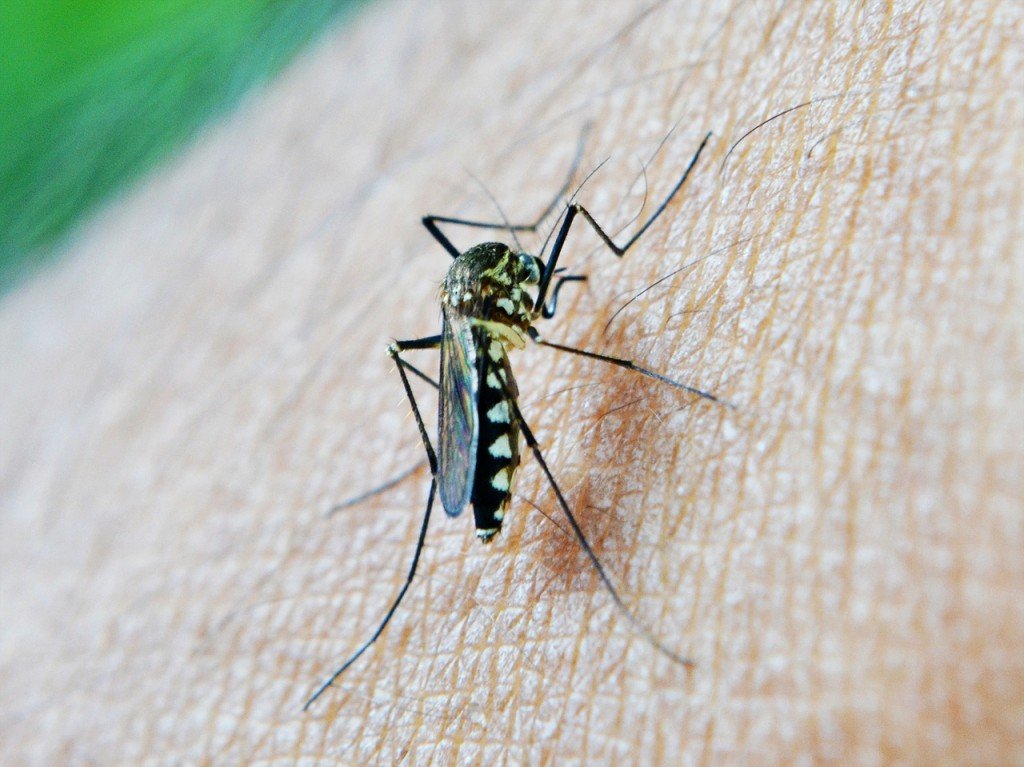
Following that line of reasoning, is it possible that the malaria parasite affects the mosquito who carries it? In other words, are mosquitoes that carry malaria parasites harmed by them? Do mosquitoes also contract diseases from malaria parasites, just like humans?
In order to answer that, it helps to first understand how malaria actually works.
Recommended Video for you:
What Causes Malaria?
If you paid attention during your biology class in high school, or maybe the health and fitness awareness campaigns that were conducted in your school, housing society or even workplace, then you surely know that malaria is caused by mosquitoes. But how exactly does that happen?
For the uninitiated, malaria is caused by a type of single-celled parasite called Plasmodium. More specifically, Plasmodium is a genus of parasitic alveolates, many of which are known to cause malaria in their hosts.
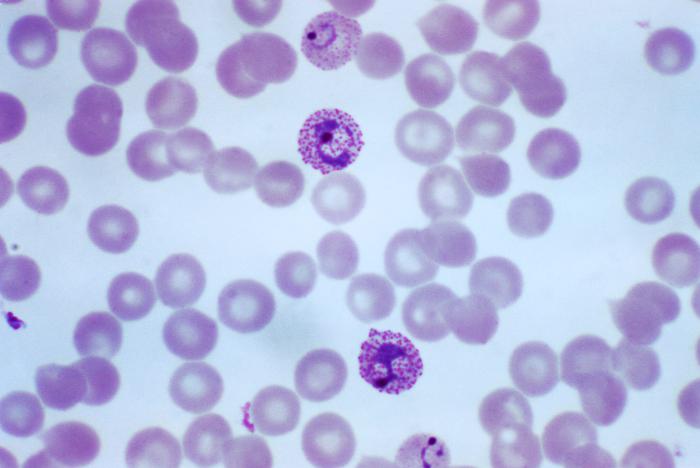
Malaria Parasites
Although there are more than 100 known species of Plasmodium, which are known to affect various animal species, including birds, reptiles and many other mammals, 4-5 species of Plasmodium have long been known to infect humans. These include P. falciparum, P. malariae, P. ovale, P. vivax and P. knowles. All these species of Plasmodium are found in different parts of the world and grow and spread in different climatic conditions.
It works this way: one of the aforementioned malaria parasites are transmitted by female Anopheles (a species of mosquitoes particularly notorious for spreading malaria), which bites primarily between dusk and dawn.
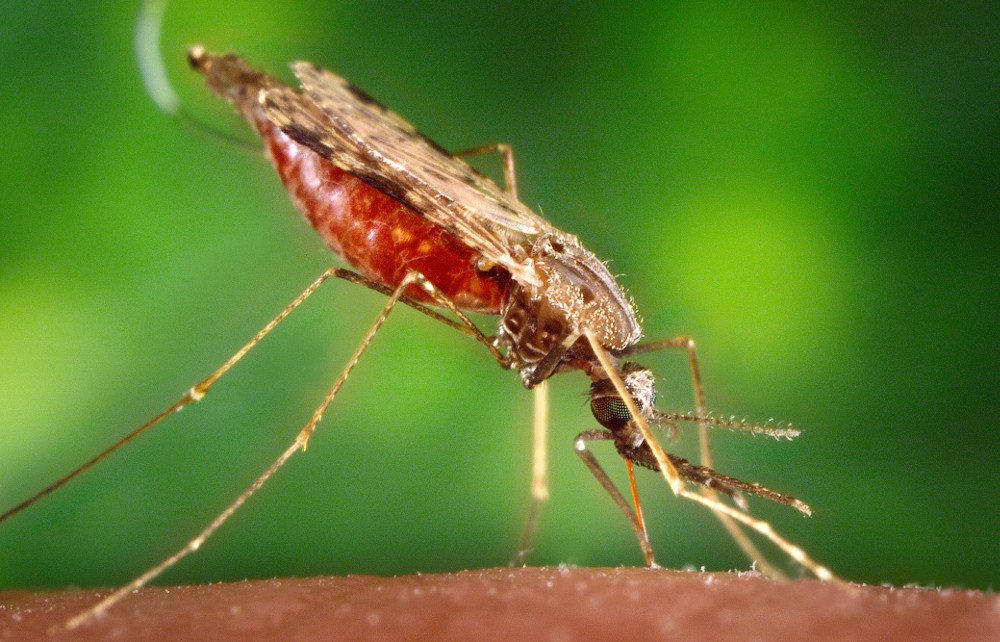
You see, female mosquitoes need to take blood to make ‘meals’ and carry out their egg production. These ‘blood meals’ are the primary link between humans and the mosquito hosts in the parasite’s life cycle.
Once the parasite enters the body of the mosquito, its development from the “gametocyte” stage to the “sporozoite” stage depends on a few factors, the most critical of which include ambient temperature (higher temperatures accelerate the malaria parasite growth in the mosquito), humidity, and whether the Anopheles survives long enough to allow the parasite to complete its cycle (which lasts around 10 to 18 days).
Does The Mosquito Host Get Affected By The Malaria Parasite?
Yes, a mosquito host does get affected by the malaria parasite. Only, not in the same way as a human host does.
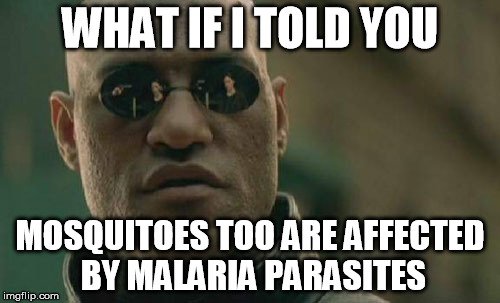
As it turns out, mosquitoes infected by malaria parasites seem to suffer the fitness costs of carrying those parasites. This, in a way, could mean that mosquitoes are also negatively affected by malaria parasites.
A study published back in 2010 showed that Plasmodium-infected mosquitoes had about half as many offspring as their non-infected counterparts, as malaria parasites are known to affect the fecundity (i.e., the ability to produce an abundance of offspring or new growth) of several species of mosquitoes. In this study, the reproductive fitness of female Anopheles gambiae feeding on an infected blood meal was tested, and it was observed that the total number of eggs produced were reduced by 41.2%!
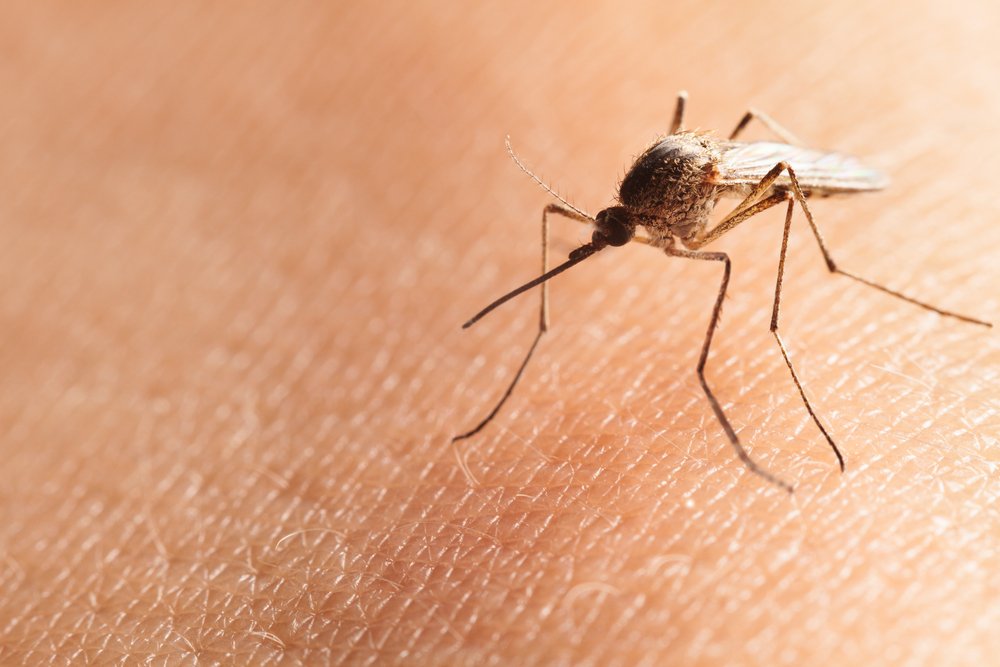
Another study showed that the mosquitoes that were genetically manipulated to be resistant to a particular malaria parasite (P. berghei, a protozoan parasite that causes malaria in certain rodents) performed better than normal mosquitoes when feeding on infected prey.
This is a good thing, as the introduction of genes that impair Plasmodium development in mosquito populations can turn out to be a fitness advantage for mosquitoes, leading to an effective malaria control strategy by means of the genetic modification of mosquitoes.
In a nutshell, yes, mosquitoes are certainly affected by malaria parasites that they carry, but not in the same way as humans are.
References (click to expand)
- Beier, J. C. (1998, January). Malaria Parasite Development In Mosquitoes. Annual Review of Entomology. Annual Reviews.
- WHO | Do all mosquitoes transmit malaria? - www.who.int
- CDC - Malaria - About Malaria - Biology. The Centers for Disease Control and Prevention
- CDC - Malaria - About Malaria - Biology. The Centers for Disease Control and Prevention
- Malaria Parasite, Mosquito, and Human Host | NIH. The National Institute of Allergy and Infectious Diseases
- Malaria. The World Health Organization
- Gleave, K., Cook, D., Taylor, M. J., & Reimer, L. J. (2016, October 31). Filarial infection influences mosquito behaviour and fecundity. Scientific Reports. Springer Science and Business Media LLC.
- Sánchez-Vargas, I., Scott, J. C., Poole-Smith, B. K., Franz, A. W. E., Barbosa-Solomieu, V., Wilusz, J., … Blair, C. D. (2009, February 13). Dengue Virus Type 2 Infections of Aedes aegypti Are Modulated by the Mosquito's RNA Interference Pathway. (C. M. Rice, Ed.), PLoS Pathogens. Public Library of Science (PLoS).
- AHMED, A. M., MAINGON, R. D., TAYLOR, P. J., & HURD, H. (1999, September). The effects of infection withPlasmodium yoelii nigeriensison the reproductive fitness of the mosquitoAnopheles gambiae. Invertebrate Reproduction & Development. Informa UK Limited.
- Marrelli, M. T., Li, C., Rasgon, J. L., & Jacobs-Lorena, M. (2007, March 27). Transgenic malaria-resistant mosquitoes have a fitness advantage when feeding on Plasmodium -infected blood. Proceedings of the National Academy of Sciences. Proceedings of the National Academy of Sciences.




